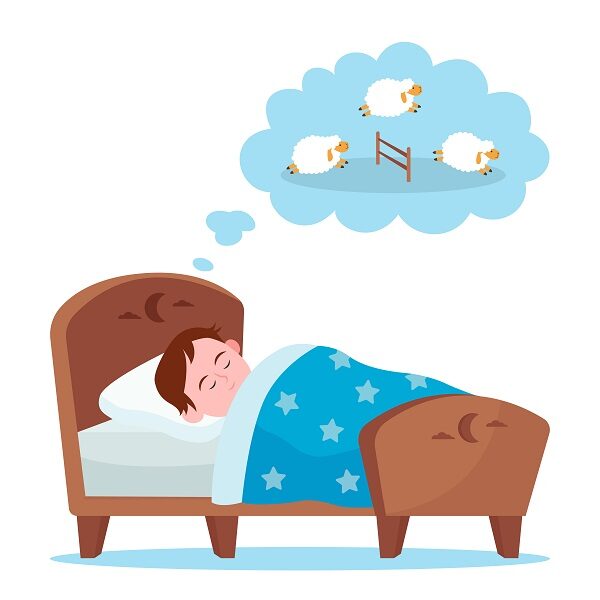
Tips to increase attention span
340
When it comes to children with special needs, it’s important to consider their individual abilities, interests, and any specific recommendations or restrictions provided by healthcare professionals. Here are some exercises and activities that can potentially help improve attention span in children with special needs:
- Sensory-Based Activities: Engage the child’s senses to promote focus and attention. This can include activities such as sensory play with textured materials, exploring different scents, or engaging in activities that provide deep pressure or proprioceptive input.
- Gross Motor Activities: Engaging in physical activities that involve large muscle groups can help increase alertness and attention. These activities can include dancing, playing catch, jumping on a trampoline, or participating in adapted sports.
- Fine Motor Activities: Engaging in activities that promote fine motor skills can also help with attention. This can involve tasks such as puzzles, stringing beads, coloring, or engaging in arts and crafts projects.
- Yoga or Mindfulness Activities: Introducing child-friendly yoga or mindfulness exercises can help children with special needs improve attention and self-regulation. Look for resources specifically designed for children or consider working with a qualified instructor or therapist.
- Structured Tasks and Visual Supports: Breaking down tasks into smaller, manageable steps and using visual supports, such as visual schedules or checklists, can help children focus their attention and stay on track.
- Play-Based Therapy: Incorporating therapy techniques into play can be an effective way to improve attention span in children with special needs. Occupational therapists or speech therapists can provide guidance on play-based interventions tailored to the child’s specific needs.
- Adaptive Physical Activities: Consider adaptive physical activities or sports programs designed for children with special needs. These programs provide structured environments and modified activities to enhance attention and participation.
It’s important to consult with healthcare professionals, therapists, or educators who work with the child to develop an individualized plan that considers their unique needs and abilities. They can provide specific recommendations and strategies tailored to the child’s condition and developmental level.




